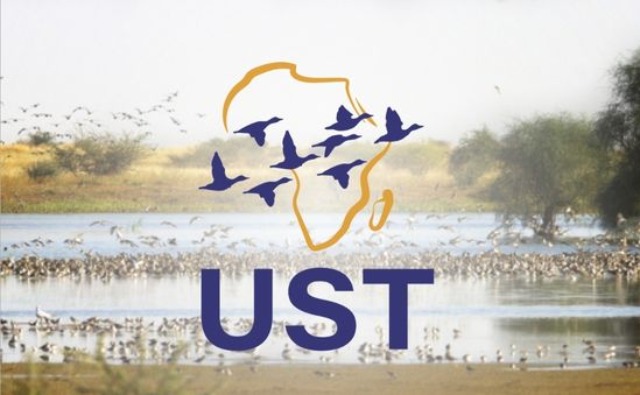2 lakes, 2 decades of transboundary collaboration, more than 2020 steps taken for the protection of Prespa
 It is well known that Prespa is one of the most important places for nature in Europe, due to its ancient lakes and the fact that such a wide variety of forms of life is found in such a relatively small area. Its rare biodiversity is made up of hundreds of species of birds, thousands of plant species, endemic fish, rare mammals and unusual habitat types, from wet meadows by the lakeside to the sub-alpine meadows high in the mountains which surround the lakes. However, Prespa also has another important reason to feel proud. It was the first – and for a long time the only – place in the troubled Balkans where the states and the people that share the area built bridges in order to safeguard its natural and cultural values and sustainable development. This cross-border co-operation, despite the adverse environment, has bloomed and produced fruit for two decades now.
It is well known that Prespa is one of the most important places for nature in Europe, due to its ancient lakes and the fact that such a wide variety of forms of life is found in such a relatively small area. Its rare biodiversity is made up of hundreds of species of birds, thousands of plant species, endemic fish, rare mammals and unusual habitat types, from wet meadows by the lakeside to the sub-alpine meadows high in the mountains which surround the lakes. However, Prespa also has another important reason to feel proud. It was the first – and for a long time the only – place in the troubled Balkans where the states and the people that share the area built bridges in order to safeguard its natural and cultural values and sustainable development. This cross-border co-operation, despite the adverse environment, has bloomed and produced fruit for two decades now.

2nd February 2020 marked 20 years to the day since the Prime Ministers of Albania, Greece and North Macedonia met together in Agios Germanos and established the “Transboundary Prespa Park” with a joint declaration, agreeing that the three countries would face the future having common goals for the protection of the natural and cultural heritage of the basin and its sustainable development. The international Ramsar Convention for Wetlands and the MedWet initiative greeted this step with enthusiasm and many other international organisations decisively supported the effort made in the two decades which followed, as the Prespa Park process can serve as a global model. More details about it.

The Society for the Protection of Prespa (SPP) is a major partner for the Tour du Valat with continuous collaboration for more than 30 years. Tour du Valat has contributed to a wide range of projects with SPP on the monitoring of pelican breeding populations on the Lake, the monitoring of fish populations, of the reedbed and to the setting up of transboundary monitoring. In the management side, the Tour du Valat have contributed to identify fishing regulation measures for the sustainable exploitation of this natural resource by local fishermen, participated to management experiments of reedbeds and wet meadows, etc.



